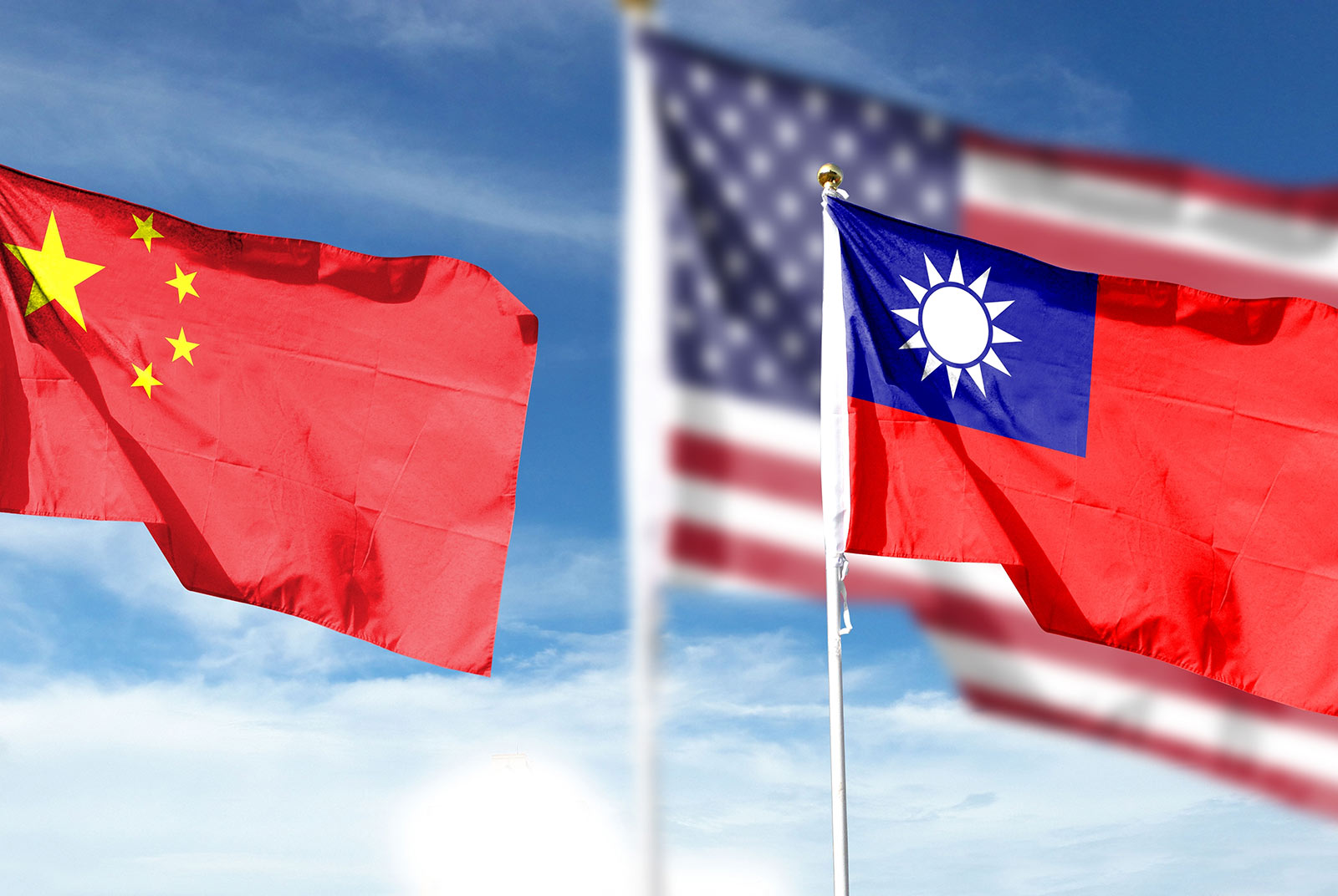Taiwanese democracy is an international glimmer of hope

Source:shutterstock
The Economist Intelligence Unit’s Democracy Index ranks Taiwan eighth in the world. From elections to the well-distributed wealth and robust business clustersTaiwan can inspire the world, argues Andrew Wilson, Executive Director at the Center for International Private Enterprise (CIPE).
Views
Taiwanese democracy is an international glimmer of hope
By Andrew Wilson, Catherine Tai, Alan Chenweb only
Many supporters of democracy are looking to Taiwan for continued inspiration, as it weathers a storm of disinformation challenges and fake news ahead of local elections in November. In a matter of weeks, voters will select thousands of local leaders, from mayors and magistrates to village chiefs.
Since transitioning to democracy three decades ago as part of a global “third wave” of countries making the change, Taiwan has built a solid history of free and fair elections, fostered spectacular economic growth, and built a vibrant civil society. The expectation is that, once again, democracy will deliver.
Taiwan is considered one of the “most free” democracies in the world, because of its stable political institutions, inclusiveness, and prosperity. The Economist Intelligence Unit’s Democracy Index ranks Taiwan eighth in the world and second within Asia and Australasia, only behind New Zealand.
Strong rule of law, clear property rights, judicial effectiveness, and regulatory efficiencies are among the many other reasons researchers also rank Taiwan near the top of worldwide economic freedom indices, including those produced by the U.S.-based Heritage Foundation and the Fraser Institute of Canada. A closer look at how Taiwan supports its thriving business community helps bring new understanding to how leaders have implemented, projected, and maintained these democratic values.
First, some data: Taiwan is one of the wealthiest countries in Asia per capita. It has retained a Gini Index labor coefficient of 0.40, which indicates that income or wealth is distributed quite equally, even better than many European countries such as Norway or France. With many of its citizens from very different sectors and strata earning similar wages, Taiwan is considered by many to be a model of egalitarian capitalism. So how do they do it?
The business of democracy
Like many countries, Taiwan is a nation of small businesses, and it has more micro-enterprises (fewer than 10 employees) than many neighboring countries. Recent figures support Taiwan’s image as that of an inclusive economy with a high degree of workforce participation. 97% of Taiwanese businesses, approximately 1.4 million in all, are considered small or medium size enterprises (SMEs). They account for 79% of the workforce and contribute about 30% of overall business revenue. More than 1/3 of the businesses are led by women.
One successful structural element is the formation of business clusters in street market settings, which are favorable for microenterprises. Individual vendors and businesses are in close proximity, and both compete and support one another, leading to a more innovative atmosphere. In many cases, businesses within hub areas form business associations to advance common interests and attract customers. Hence, SMEs are helping to build communities and expand the civil society space with their robust presence.
Meanwhile, the Taiwanese government has embraced a regulatory framework and processes intended to nurture small businesses and support the next generation of entrepreneurs, especially younger ones. Efforts include streamlined registration processes and other initiatives to invite as many citizens as possible into the workforce. For example, registration fees are low, just NTD 1000 (approximately USD 30) and most forms can be completed online, as part of e-government initiatives to digitize services.
The government also provides new entrepreneurs with customized start-up loan opportunities, counseling, and business skills courses. And businesses and organizations may relay grievances directly to local officials, or “li zhang” (里長), which serve as community liaisons for the government and inform policies that can be raised to the national level.
Taiwan’s tax burden on business owners is relatively low and straightforward. Microenterprises that generate monthly revenue lower than USD 80,000 per year are not required to provide receipts to customers, which means that no sales taxes or value-added taxes (VAT) are required. Microentrepreneurs pay less than USD 30 per month in income taxes. All of this enables business owners at every level to be registered and part of the “formal” economy.
Democracy that delivers
Taiwan’s successful approach to business growth and economic inclusion helps demonstrate the linkages between democratic principles and free enterprise. The two are symbiotic and reinforcing. Democracy must deliver so that everyday citizens can enjoy the opportunities it affords.
It is clear that Taiwan’s combination of streamlined business processes and services, low taxes, and avenues for advocacy continue to create a solid and reliable entrepreneurship ecosystem and widening civic spaces. As a result of these effective and efficient democratic institutions and practices, government and political processes are more open, informed, fair, and inclusive.
Support and implementation of concepts around raising the voice of business and supporting economic freedoms may be the key to advancing democracy work in other countries around the world.
(This piece reflects the author's opinion, and does not represent the opinion of CommonWealth Magazine.)
About the Authors:

Andrew Wilson is the Executive Director of the Center for International Private Enterprise (CIPE), which works to strengthen democracy through private enterprise and market-oriented reform. Wilson’s extensive experience includes working with governments and business communities on key issues such as accountable investment strategies and anti-corruption.

Catherine Tai is the Deputy Director for CIPE Asia. Her portfolio includes projects with business associations throughout the region to strengthen the role of the private sector and mobilize local networks of small and medium enterprises for constructive policy reform.

Alan Chen is a Program Associate for CIPE Asia and the Pacific. His duties include research, coordination, and support for numerous projects throughout East and Southeast Asia.
Have you read?
- Why does Lithuania support Taiwan?
- Video report: Taiwan's most wanted talents
- Time to leverage the pull- factor to attract more foreigners in Taiwan
Uploaded by Ian Huang






